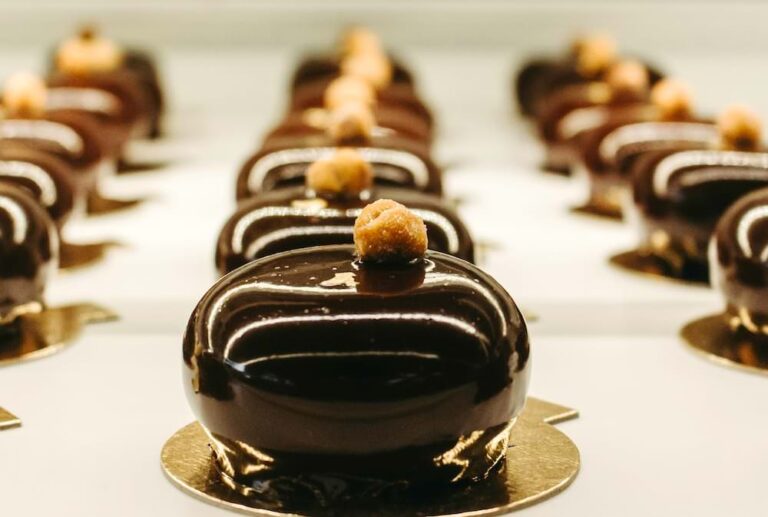déranger
The French verb déranger means to disturb, to bother, or to disrupt. It is a regular -er verb, conjugated like manger. Its uses cover a range of everyday contexts, from interrupting someone to creating disorder in a physical space. 1. To disturb or interrupt someone This is the most frequent meaning of déranger. It is…









